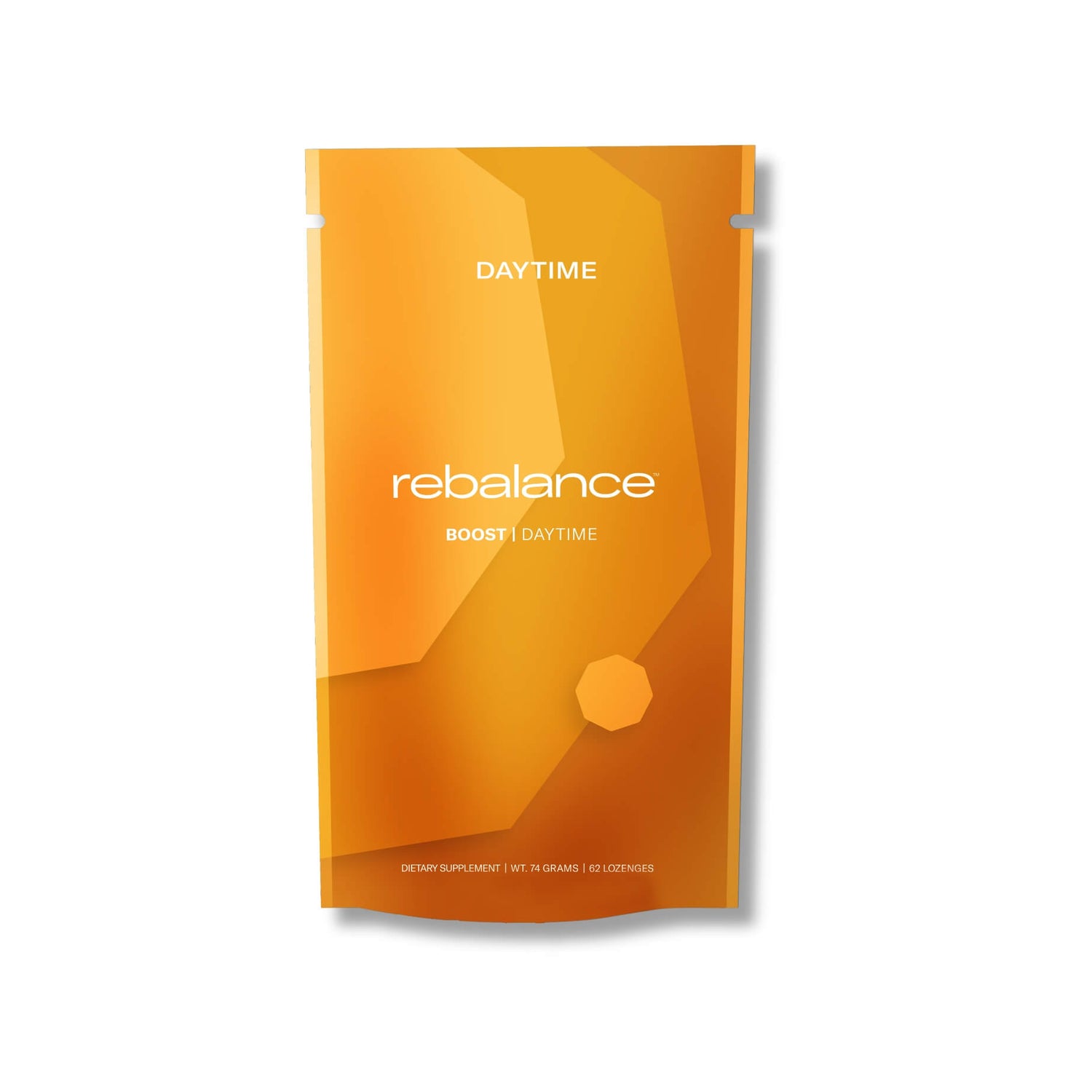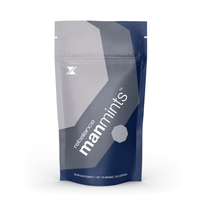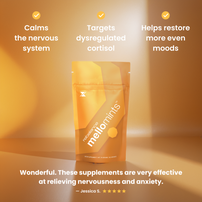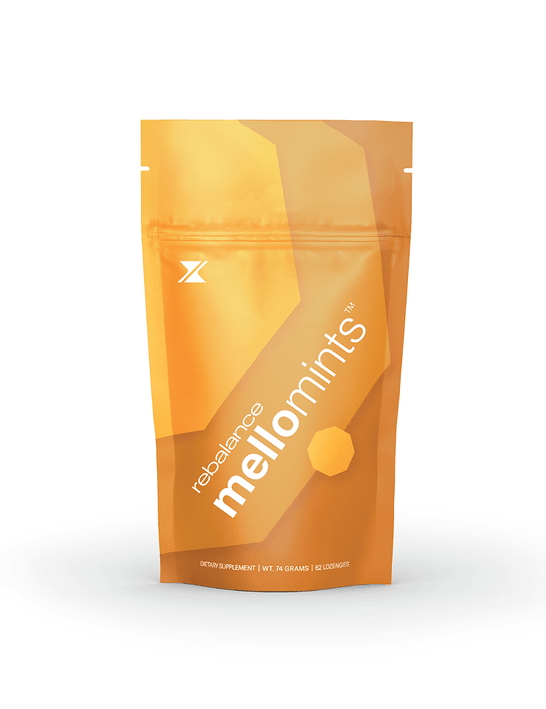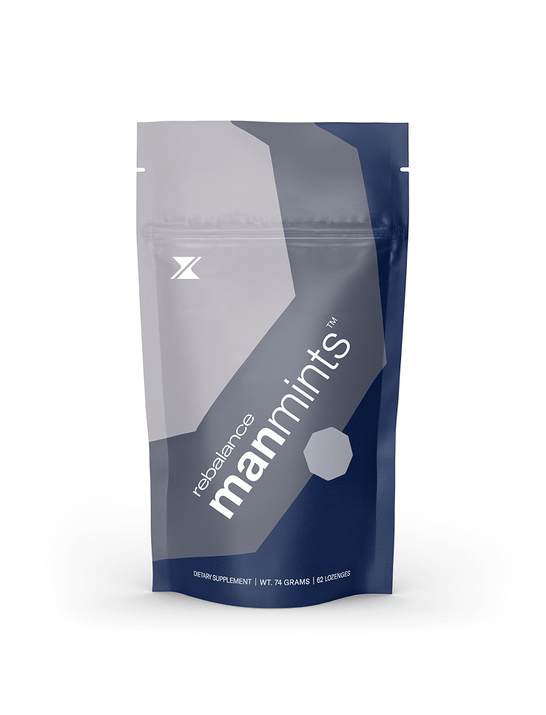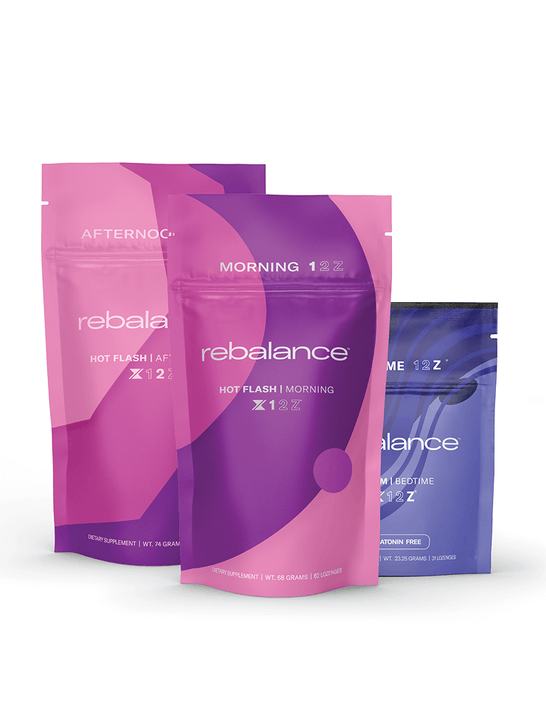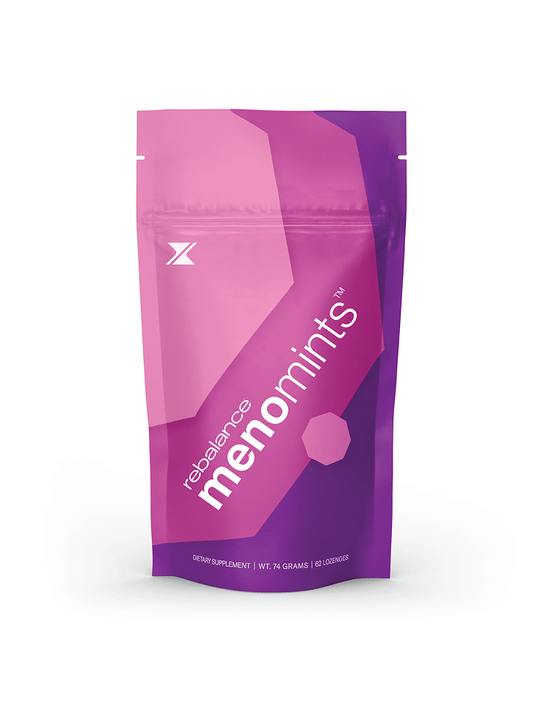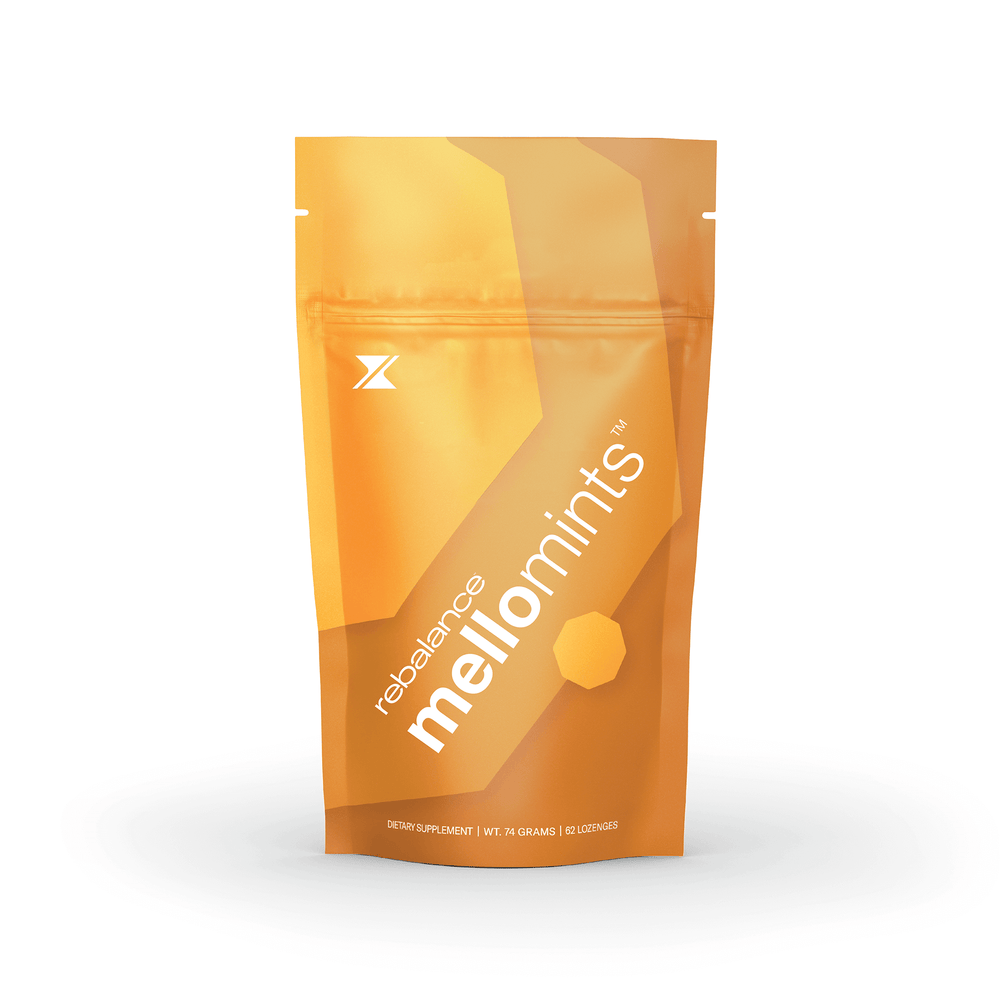Benefits of Hydration: How it Affects Your Mental and Physical Health
01/20/2023 by Anna Meyer

INSIDE THIS ARTICLE:
You’ve probably heard how important it is to stay hydrated - but do you really know what the benefits are? Hydration is essential for our bodies and minds, as it keeps us healthy and even boosts our physical performance. But did you know that hydration is also essential for stress management and hormone balance? Let’s take a look at the benefits of hydration and how it affects your health and stress management.
What Are The Benefits of Hydration?
Between 50 and 60% of our body is made of water, which means water isn’t just necessary for healthy, glowing skin, it is important for keeping all your organs, muscles, and tissues functioning optimally. Being adequately hydrated helps to:
- Improve sleep
- Deliver nutrients to cells
- Lubricates your joints
- Improve mood
- Prevents infections
- Helps with weight management
- Can help prevent and treat headaches
- Regulates body temperature
- May help to prevent kidney stones
- Deliver oxygen to all your muscles, organs, and tissues
Good hydration also helps with digestion by moving food through your digestive system more easily and may help to relieve constipation. When we are well-hydrated our bodies can also absorb the nutrients from food more efficiently. Additionally, drinking water helps flush toxins from the body and keeps muscles functioning at their peak performance level. If this doesn’t motivate you to chug several gallons of water, perhaps the side effects of dehydration will.
The Importance of Hydration: How Does Dehydration Affect Your Body?
Dehydration occurs when your body doesn’t get enough water or electrolytes (such as sodium, potassium, magnesium, etc.). And when your body doesn’t get enough fluids, it suffers in a number of ways.
When we’re dehydrated, our blood volume drops and oxygen levels decrease, which can lead to fatigue, headaches, constipation, dizziness, and even confusion. Not only does dehydration cause fatigue and muscle weakness, but it can also increase the risk of depression because dehydration affects the production of hormones like serotonin, which regulates moods. Additionally, dehydration reduces cognitive functioning, impacting memory, coordination, concentration, and alertness.
Studies also show that inadequate hydration impacts your longevity and risk of developing chronic diseases. A study conducted by Dr. Dmitrieva and colleagues found that high serum sodium levels increase your risk of developing a chronic disease by 39% and increase your risk of premature death by 21%. The researchers also found that subjects with high serum sodium had a 50% increased likelihood of being older than their chronological age. If that doesn’t have you quaking in your boots, dehydration can also lead to complications such as low blood volume shock or hypovolemic shock and seizures, which can be life-threatening.
The importance of hydration for our health and longevity can’t be emphasized enough. But what about stress and dehydration?
Mental Health and Dehydration: How Does Dehydration Affect Your Anxiety Levels?
It’s no secret that anxiety can wreak havoc on your body, but did you know that dehydration can make it even worse? Being dehydrated increases cortisol levels, which can lead to difficulty concentrating, insomnia, irritability, fatigue, and increased heart rate and blood pressure. However, factors like anxiety can also affect your hydration levels as it also increases your cortisol. Animal studies have found that increased cortisol induces diuresis, a condition where your kidneys filter too much fluid resulting in excess urine, which can cause dehydration. Inadequate water intake or high cortisol levels caused by anxiety can lead to a stress-dehydration cycle which can negatively impact your health. Managing anxiety levels and keeping up with hydration for optimal health is tangible for everyone, even without attaching a saline drip to your body 24 hours a day.
Now that you understand the impact of hydration on your health and anxiety levels, it is important to know how much water you need to drink per day and how you can stay on top of your hydration.
How Much Water Do You Need to Drink Per Day?
The amount of water you need to drink per day depends on your individual needs and includes factors such as activity level, climate, and body composition. The general rule of thumb is that adults need to drink eight 8-ounce glasses of water per day. However, this recommendation isn’t particularly helpful if you are very active, larger than average, or if you live in a hot environment.
Based on estimates, it is recommended for men to drink between 85 and 118 ounces of water per day if they’re sedentary and approximately 200 ounces if they’re active and live in a warmer climate. Unfortunately for women, there is less data available however, the current recommendation is that women need about 17 to 34 ounces less than men. These recommendations are estimates, so it is important to listen to your body. If you have already consumed the recommended amounts and you’re still thirsty or your urine is a darker color, then you may need more fluid. Remember, if you are thirsty, it means you’re already dehydrated, so it’s important to keep drinking fluids throughout the day.
Additionally, it is important to note that while water is the best source of hydration, other drinks such as tea and juice can also help meet your daily needs. And while beer is technically a fluid, it is probably best to not use it as a source of hydration – sorry.
Tips On How to Stay Hydrated
Staying hydrated is definitely easier said than done, so here are some tips you can implement to help you stay hydrated.
- Carry a water bottle with you throughout the day
- Add flavorful slices of fruit or cucumber to your water for an extra boost of flavor
- Set reminders on your phone or watch to drink water
- Take regular breaks to drink some water and stretch
- Eat fruits and vegetables that are high in water content
- Make it a habit to drink a glass of water before and after each meal
- Take note of the color of your urine—it should be light yellow or clear. Darker colors can indicate dehydration.
- Get yourself a motivational water bottle that either has timelines or motivational quotes on it to encourage you to drink more water
- Use habit-forming apps to help you build the habit of drinking water throughout the day
By following these simple tips, you can ensure that you are properly hydrated and feeling your best.
Hydrating yourself is one of the best ways to ensure that your body remains healthy and balanced. You can make some real change in your overall health by increasing your hydration. The benefits of staying hydrated are nearly endless - so don’t forget to drink up. Staying hydrated may be one small step for you - but it can make a world of difference in rebalancing your mind and body.
Overview

Stay Calm. Sleep Deep. Wake Clear.
A lozenge that supports deep sleep, better REM, and calmer nights. Without melatonin — unless you want it.
